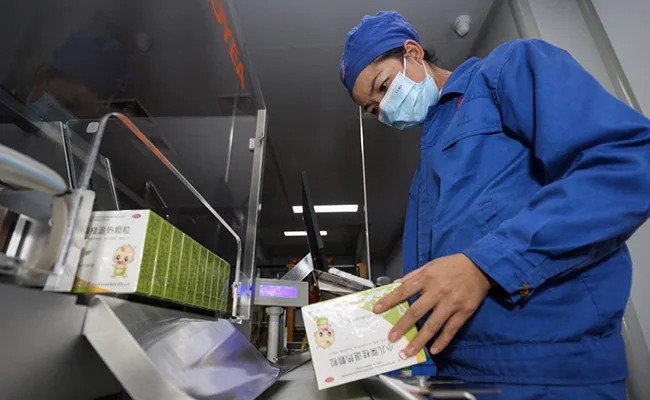| Translate This News In |
|---|
Howard Bernstein, a Beijing-based emergency physician, said he has never seen anything like this in his more than three decades of practise.
Patients are pouring into his hospital in record numbers, almost all of whom are elderly and afflicted with Covid and pneumonia symptoms, he said.
Bernstein’s account mirrors similar testimony from medical personnel across China who are struggling to cope after China’s abrupt U-turn on previously strict COVID policies this month was followed by a nationwide wave of infections.
It is by far the largest outbreak in the country since the pandemic began three years ago in the central city of Wuhan. This month, Beijing government hospitals and crematoriums have also struggled due to high demand.
“The hospital is just overwhelmed from top to bottom,” Bernstein told Reuters at the end of a “stressful” shift at the privately owned Beijing United Family Hospital in the capital’s east.
“The ICU is full,” he said, as are the emergency room, fever clinic, and other wards.
Many of them were hospitalised. They’re not getting better in a day or two, so there’s no flow, so people keep coming to the ER, but they can’t go upstairs into hospital rooms,” he explained. “They’ve been in the ER for days.”
Bernstein went from never having seen a COVID patient to seeing dozens every day in the last month.
“The biggest challenge, honestly, is that I think we were just unprepared for this,” he said.
Sonia Jutard-Bourreau, 48, chief medical officer at Beijing’s private Raffles Hospital, said patient numbers are five to six times normal, and patients’ average age has risen by about 40 years to over 70 in a week.
“It’s always the same profile,” she explained. “Most of the patients have not been vaccinated.”
Patients and their families come to Raffles because local hospitals are “overburdened,” she says, and because they want to buy Paxlovid, a Pfizer-made COVID treatment that is running low in many places, including Raffles.
“They want the medicine as a replacement for the vaccine, but the medicine does not replace the vaccine,” Jutard-Bourreau explained, adding that there are strict criteria for when her team can prescribe it.
Jutard-Bourreau, who, like Bernstein, has been working in China for over a decade, believes that the worst of this wave has yet to arrive in Beijing.
Elsewhere in China, medical personnel told Reuters that resources are already being stretched to the breaking point in some cases, as COVID and sickness levels among staff have been particularly high.
According to one nurse in the western city of Xian, 45 of 51 nurses in her department and all staff in the emergency department have contracted the virus in recent weeks.
“There are so many positive cases among my colleagues,” said the 22-year-old nurse, surnamed Wang. “Almost all the doctors are on board.”
Wang and other nurses said they were told to report for duty even if they tested positive and had a low fever.
Jiang, a 29-year-old nurse on a psychiatric ward at a hospital in Hubei province, said staff attendance has dropped by more than half on her ward, which has stopped accepting new patients. She claims she is working more than 16-hour shifts with insufficient support.
MORTALITY RATE IS “POLITICAL”
According to expert estimates, tens of thousands of people may die, according to the doctors who spoke to Reuters.
According to Airfinity, a British health data firm, more than 5,000 people in China are likely dying from COVID-19 each day, a stark contrast to official data from Beijing on the country’s current outbreak.
The Chinese Center for Disease Control and Prevention reported no COVID deaths on the mainland in the six days leading up to Sunday, despite increased demand for crematories.
China has narrowed its definition of COVID-related deaths, counting only those involving COVID-caused pneumonia or respiratory failure, raising eyebrows among global health experts.
“It’s politics, not medicine,” Jutard-Bourreau explained. “It is because of COVID that they are dying now. The mortality rate is now determined by political factors rather than medical ones.”


















